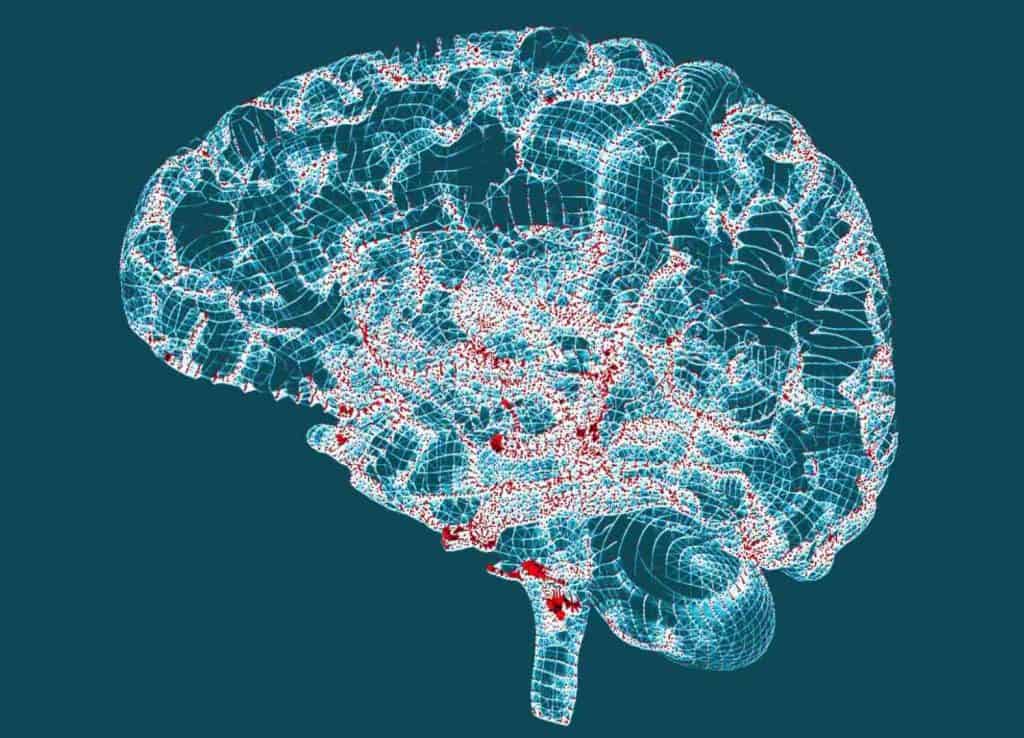
Researchers from University College London (UCL) and University Medical Center Goettingen, Germany, have developed a simple artificial intelligence (AI)-based blood test to predict Parkinson’s disease (PD) up to seven years before symptom onset.
Published in Nature Communications, the research was funded by an EU Horizon 2020 grant, Parkinson’s UK, the National Institute for Health and Care Research, Great Ormond Street Hospital Biomedical Centre and the Szeben-Peto Foundation.
Currently affecting nearly ten million people worldwide, PD is the world’s fastest growing neurodegenerative condition, which is caused by the progressive death of nerve cells in the substantia nigra, which controls movement in the brain.
Patients with the condition can lose the ability to produce dopamine due to the buildup of a protein known as alpha-synuclein, causing symptoms such as tremor, slowness of movement and gait, and memory problems.
Using machine learning, researchers analysed a panel of eight blood-based biomarkers whose concentrations are altered in PD and found that it could provide a diagnosis with 100% accuracy.
The team then analysed blood from 72 patients with rapid eye movement behaviour disorder (iRBD), which can lead to a type of brain disorder caused by the abnormal buildup of alpha-synuclein in brain cells in up to 80% of patients with the condition, including PD.
The machine learning tool identified that 79% of the iRBD patients had the same profile as someone with PD.
After a decade of follow-ups, the AI predictions have matched the clinical conversion rate, with the team accurately predicting that 16 patients would go on to develop PD up to seven years before the onset of symptoms.
Co-first author of the study, the University Medical Center Goettingen’s Dr Michael Bartl, commented: “We have not only developed a test but can diagnose the disease based on markers that are directly linked to processes such as inflammation and degradation of non-functional proteins…, representing possible targets for new drug treatments.”
The team plans to continue following up on patients who were predicted to develop the neurological condition to further verify the accuracy of the test and hopes to secure funding to create a simpler blood spot test to predict PD even earlier.




